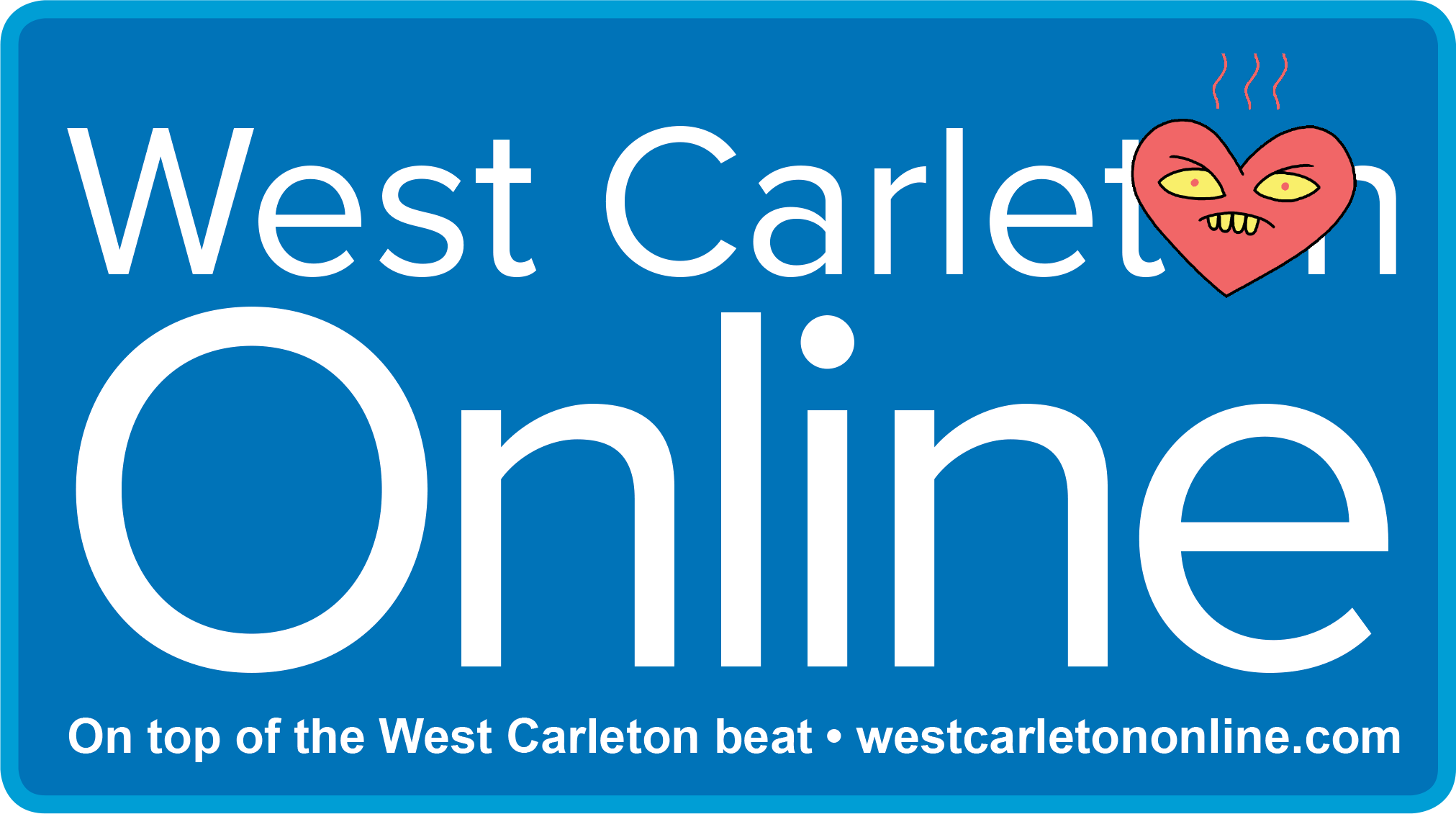Ontario declares state of emergency over COVID-19
Special to WC Online
ONTARIO – The Ontario government has declared a state of emergency in response to the COVID-19 pandemic
“Today (March 17), the Government of Ontario announced it is taking decisive action by making an order declaring an emergency under the Emergency Management and Civil Protection Act,” the government released in a statement. “In doing so, Ontario is using every power possible to continue to protect the health and safety of all individuals and families.”
“We are facing an unprecedented time in our history,” Premier Doug Ford said. “This is a decision that was not made lightly. COVID-19 constitutes a danger of major proportions. We are taking this extraordinary measure because we must offer our full support and every power possible to help our health care sector fight the spread of COVID-19. The health and wellbeing of every Ontarian must be our number one priority.”
As a result of this declaration and its associated orders, the following establishments are legally required to close immediately:
- All facilities providing indoor recreational programs;
- All public libraries;
- All private schools as defined in the Education Act;
- All licensed childcare centres;
- All bars and restaurants, except to the extent that such facilities provide takeout food and delivery;
- All theatres including those offering live performances of music, dance, and other art forms, as well as cinemas that show movies; and
- Concert venues.
Further, all organized public events of more than 50 people are also prohibited, including parades and events and communal services within places of worship. These orders were approved by the Lieutenant Governor in Council and will remain in place until March 31, at which point they will be reassessed and considered for extension, unless this order is terminated earlier.
“We are acting on the best advice of our Chief Medical Officer of Health and other leading public health officials across the province,” Deputy Premier and Minister of Health Christine Elliott said. “We know these measures will affect people’s everyday lives, but they are necessary to ensure that we can slow the spread of COVID-19 and protect our people. We’re working with all partners across the system, from public health to hospitals and community care, to do everything we can to contain this virus and ensure that the system is prepared to respond to any scenario.”
Ontario is also investing up to $304 million to enhance the province’s response to COVID-19 by providing the following:
- $100 million for increased capacity in hospitals to assist with the effective treatment of COVID-19 patients both in critical care and medicine beds.
- $50 million for more testing and screening through public health, including additional funding to support extraordinary costs incurred to monitor, detect and contain COVID-19 in the province. This includes contact tracing, increased laboratory testing capacity and home testing.
- $50 million to further protect frontline workers, first responders and patients by increasing the supply of personal protective equipment and other critical supplies and equipment to protect them.
- $25 million to support frontline workers working in COVID-19 assessment centres, including the creation of a new fund to provide respite care, child care services and other supports as they are needed.
- $50 million for long-term care homes to support 24/7 screening, additional staffing to support infection control and additional supplies.
- $20 million for residential facilities in developmental services, gender-based services and protective care for children and youth to support additional staffing, respite for caregivers impacted by school closures, personal protective equipment and supplies and transportation costs to minimize client exposure and to support social distancing, as well as additional cleaning costs.
- $5 million to protect seniors in retirement homes through increased infection control and active screening procedures.
- $4 million for Indigenous communities to support transportation costs for health care professionals and the distribution of critical supplies.
The increased funding includes investments from Ontario’s previously announced COVID-19 Contingency Fund, as well as funding provided by the federal government.
Coronaviruses are a large family of viruses that can cause illnesses ranging from the common cold to more serious respiratory infections like bronchitis, pneumonia or severe acute respiratory syndrome (SARS).
There is no vaccine available to protect against the 2019 novel coronavirus, but there are everyday actions that can help prevent the spread of germs that cause respiratory illnesses. To find out more visit Ontario’s website.
Additional resources
- Visit Ontario’s website to learn more about how the province continues to protect Ontarians from COVID-19.
- Learn about travel advisories related to the 2019 novel coronavirus.
- If you are a health care professional, learn how to protect yourself and your patients by reading our guidance documents.
- For public inquiries call ServiceOntario, INFOline at 1-866-532-3161 (Toll-free in Ontario only)










